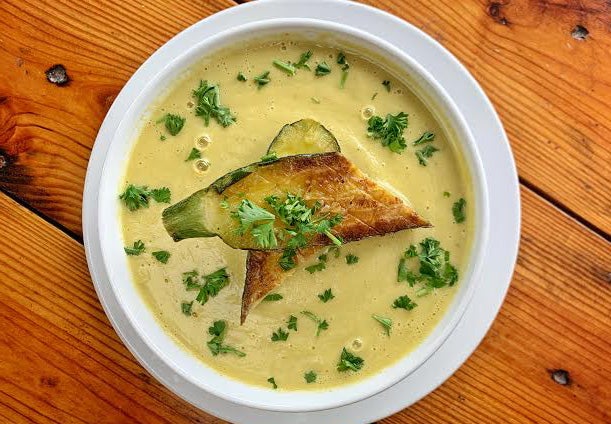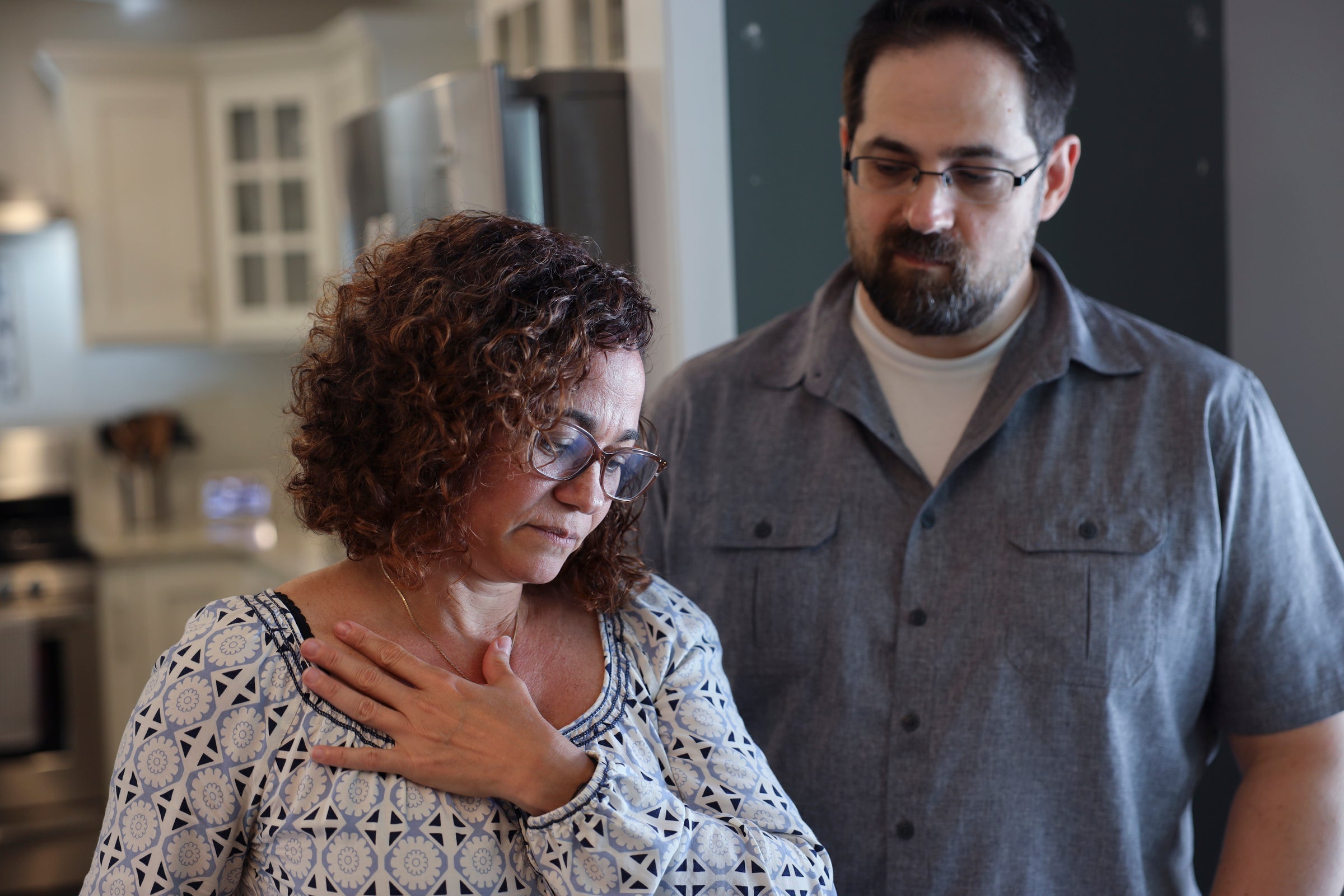Mee McCormick knows a lot about the gut. Paralyzed by her own digestive issues for years, she adopted eating habits that reduced inflammation and nourished her good gut bacteria.
Now a chef and cookbook author, McCormick is hoping to share what she’s learned. Her recently published book, “My Pinewood Kitchen: A Southern Culinary Cure,” features more than 130 gluten-free recipes that use ingredients known to reduce inflammation.
McCormick learned that in the microbiome — located in the small and large intestine — is a balance of bacteria. An excess or shortage of bacteria that can break down certain foods creates problems, and one of them is inflammation.
Stay informed on the latest news
Sign up for WPR’s email newsletter.
It’s not always clear that a person has inflammation, but the condition is often found in other illnesses such as Alzheimer’s disease, asthma, cancers, chronic obstructive pulmonary disease or COPD, type 2 diabetes, heart disease, inflammatory bowel disease (IBD) and a host of autoimmune conditions.
Brianne Thornton, a registered dietitian nutritionist at UW Health, said, “If you have a condition like that, it’s a good indicator that you have chronic inflammation.”
Inflammation is the body’s response to an injury or infection, and there are a couple of different types, Thornton said.
Acute inflammation is the “good” kind, and refers to the quick response of redness, warmth, swelling or pain that alerts the body to where damage is occurring. The body then knows where to send white blood cells to help that area heal.
Chronic inflammation, on the other hand, actually prevents your body’s tissues from repairing themselves, and can cause harm by destroying healthy cells for example in our arteries or joints.
Thornton said that about 60 percent of chronic conditions are related to inflammation. The likelihood of developing those conditions can be significantly reduced with an anti-inflammatory diet.
“Chronic inflammation definitely is causing a lot of damage in our bodies,” Thornton said. “So we want to do a variety of lifestyle changes to help us fight that chronic inflammation so that our body can heal itself properly and just be overall healthy.”
She noted that because chronic inflammation decreases our body’s ability to repair itself, the body subsequently is more prone to developing these diseases. Autoimmune conditions are caused by inflammation because the body ends up attacking healthy cells. Chronic inflammation makes it difficult for your body to know which cells to fight.
Smoking and alcohol tend to make inflammation worse. Also impacting the condition is whether we’re exercising and how stressed we are.
Apart from cutting out some bad habits, Thornton recommended a good night’s sleep. That’s because sleep allows tissues to grow and repair and ensures our bodies have the right amount of hormones. The amount of sleep each person needs varies, but Thornton recommended shutting off the television and devices 90 minutes before going to bed. Try reading, journaling, listening to soft music or taking a bath, she said.
“It’s really important to have that good sleep environment where it’s nice and dark and cool and quiet,” she said. “And my best advice is that if you can see your hand in front of your face while you’re sleeping, it might not be quite dark enough in your room.”
Chronic inflammation can be treated with anti-inflammatory medications such as NSAIDs or an over-the-counter medication. Steroids are another possible treatment option. But Thornton said those don’t necessarily get at the root cause of the inflammation. They’re more or less just decreasing the body’s response to it.
“Our body is fueled by what we eat,” Thornton said. “I like to think that our inflammation can also be fueled by that.”
In her book, McCormick explains that you can feed the good bacteria and help reduce inflammation in your gut with fermented foods, like sauerkraut, kimchi, miso paste and koji rice.
Her recipes call for gut-healthy foods, including her Summertime Mexican Zucchini Soup. There’s plenty of seasoning built into this recipe, too, such as ground cumin, chili powder and coriander. Thornton said turmeric, paprika, rosemary and cinnamon have particularly strong anti-inflammatory properties, as do black and green tea.
Wisconsin Public Radio, © Copyright 2025, Board of Regents of the University of Wisconsin System and Wisconsin Educational Communications Board.





